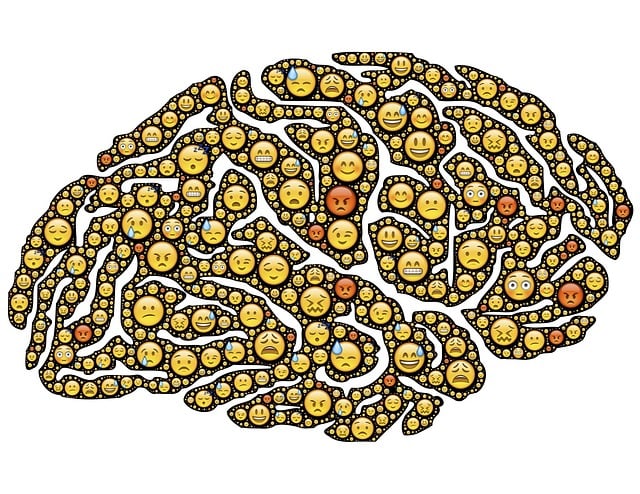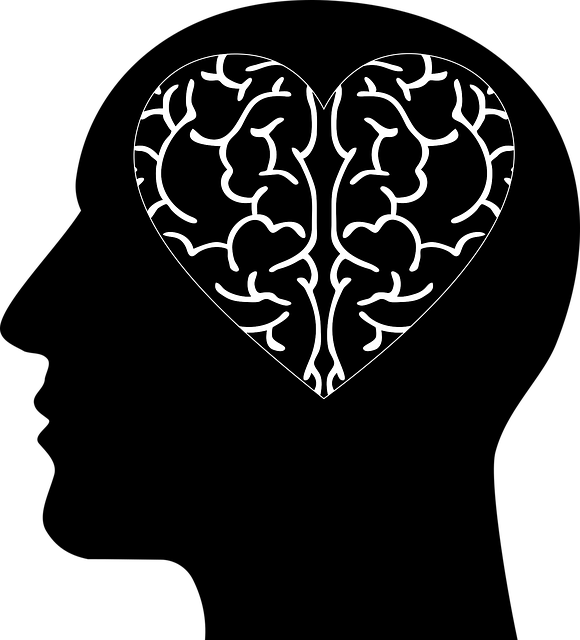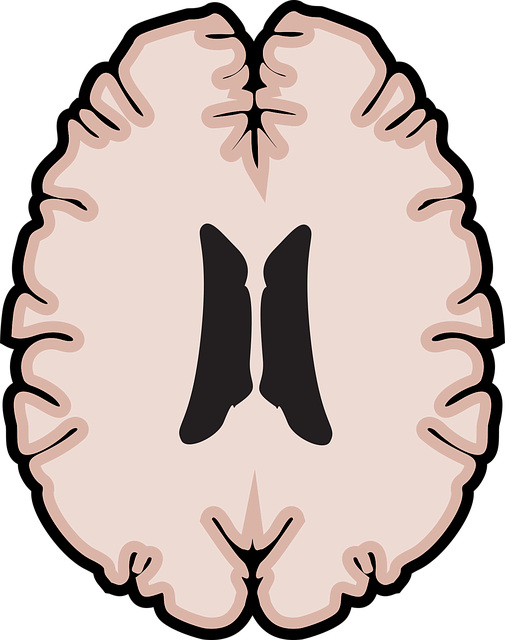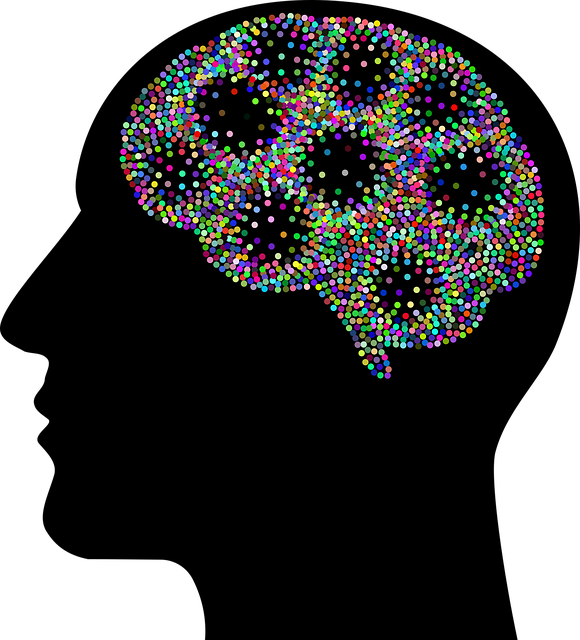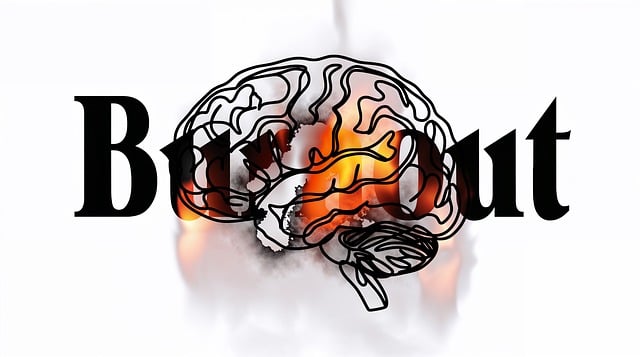Diagnosing mental illnesses accurately is challenging due to subjective symptoms that vary across cultures, communities, and comorbidities. Organizations like Lafayette Child Abuse Therapy address these issues through specialized services, public awareness campaigns, wellness journaling, emotional intelligence training, and innovative assessment techniques including AI tools. Comprehensive training programs for healthcare professionals, along with patient-centric holistic models, enhance diagnostic accuracy and improve overall mental health outcomes.
Diagnosing mental illness accurately is a complex task, often hindered by subjective assessments and diverse presentations. This article explores efforts to enhance diagnosis accuracy, focusing on the challenges faced in identifying conditions like those seen at Lafayette Child Abuse Therapy. We delve into innovative assessment techniques, educational programs for professionals, and patient-centric approaches that empower individuals navigating their mental health journeys. By understanding these factors, we can strive for more precise diagnoses and effective treatments.
- Understanding the Challenges: Factors Affecting Diagnosis Accuracy
- Innovative Assessment Techniques and Tools
- Training and Education Programs for Professionals
- Patient-Centric Approaches: Empowering Individuals on their Mental Health Journey
Understanding the Challenges: Factors Affecting Diagnosis Accuracy

Diagnosing mental illnesses accurately is a complex task due to various interconnected factors. One significant challenge lies in the subjective nature of symptoms, which can vary greatly from person to person and across different cultural contexts. For instance, what might be considered typical adolescent rebellion in one community could indicate a deeper issue like depression or substance abuse in another, requiring careful cultural sensitivity in assessment.
Moreover, comorbidities—when two or more mental health disorders occur simultaneously—present a diagnostic dilemma. Symptoms of one disorder can mask or mimic those of another, complicating the process. This is where professional expertise and comprehensive evaluation tools become crucial. Organizations like Lafayette Child Abuse Therapy are at the forefront of these efforts, offering specialized services and integrating public awareness campaigns development, mental wellness journaling exercise guidance, and emotional intelligence training to enhance diagnosis accuracy and overall mental health support.
Innovative Assessment Techniques and Tools

In the pursuit of enhancing mental illness diagnosis accuracy, innovative assessment techniques and tools are playing a pivotal role. Beyond traditional methods, professionals are now leveraging cutting-edge technologies and advanced algorithms to detect subtle nuances in behavior, speech patterns, and even physiological indicators. These advancements, such as artificial intelligence (AI)-powered diagnostic aids, offer more nuanced and comprehensive evaluations, reducing the potential for misdiagnosis or overlooking symptoms. For instance, AI models can analyze vast datasets to identify complex correlations, providing mental health practitioners with valuable insights that aid in more precise diagnoses, particularly in cases of co-occurring disorders.
Integrating these innovative tools into mental healthcare practices, such as those offered by Lafayette Child Abuse Therapy, promises to revolutionize the way we understand and address mental health concerns. By harnessing the power of technology alongside professional expertise, healthcare providers can facilitate earlier interventions and tailor treatments more effectively. This not only improves patient outcomes but also promotes a holistic approach to well-being, encouraging positive thinking, stress management, and anxiety relief through enhanced diagnostic accuracy.
Training and Education Programs for Professionals

Efforts to enhance mental illness diagnosis accuracy often begin with empowering professionals through comprehensive training and education programs. These initiatives are crucial in ensuring that healthcare providers, including therapists and counselors, stay updated with the latest research and methodologies. The Lafayette Child Abuse Therapy program, for instance, focuses on educating professionals to recognize subtle signs and symptoms, which is essential given the complexity of mental health issues. By participating in these programs, practitioners gain valuable insights into various therapeutic techniques and advanced diagnostic tools.
Additionally, integrating stress management strategies and positive thinking exercises into professional development can significantly contribute to accurate diagnoses. These skills enable therapists to create a supportive environment, fostering open communication with clients. The Mental Wellness Podcast Series Production also plays a role in this process by providing accessible resources and knowledge exchange platforms, allowing professionals to stay informed about emerging trends and best practices beyond traditional training settings.
Patient-Centric Approaches: Empowering Individuals on their Mental Health Journey

In recent years, there has been a growing emphasis on patient-centric approaches to mental health care, acknowledging that individuals are at the heart of their own treatment journeys. This shift in perspective is crucial in improving diagnosis accuracy and overall mental wellness outcomes. By empowering patients with knowledge and resources, healthcare professionals can help them navigate the complexities of mental illness effectively. Encouraging open dialogue about symptoms, fostering self-awareness, and promoting active participation in therapy sessions are key strategies to strengthen this partnership.
LaFayette Child Abuse Therapy, for instance, has pioneered patient-centric models that not only focus on healing but also educate individuals about their conditions. This holistic approach involves teaching stress management techniques, as well as risk assessment skills, enabling people to proactively manage their mental health. Public Awareness Campaigns Development plays a significant role in this process by shedding light on common mental health issues and breaking down the stigma associated with seeking help. Such initiatives ensure that individuals feel supported and equipped to take charge of their mental well-being.
In the pursuit of enhancing mental illness diagnosis accuracy, a multi-faceted approach combining innovative assessment techniques, robust professional training, and patient-centric empowerment is essential. By integrating cutting-edge tools like advanced data analytics and AI-assisted evaluations, as demonstrated in certain Lafayette Child Abuse Therapy programs, we can improve identification rates. Coupled with continuous education for healthcare providers, these efforts aim to reduce stigmatization and foster early interventions. Ultimately, supporting individuals through patient-centric approaches ensures a more holistic and effective mental health care system.

